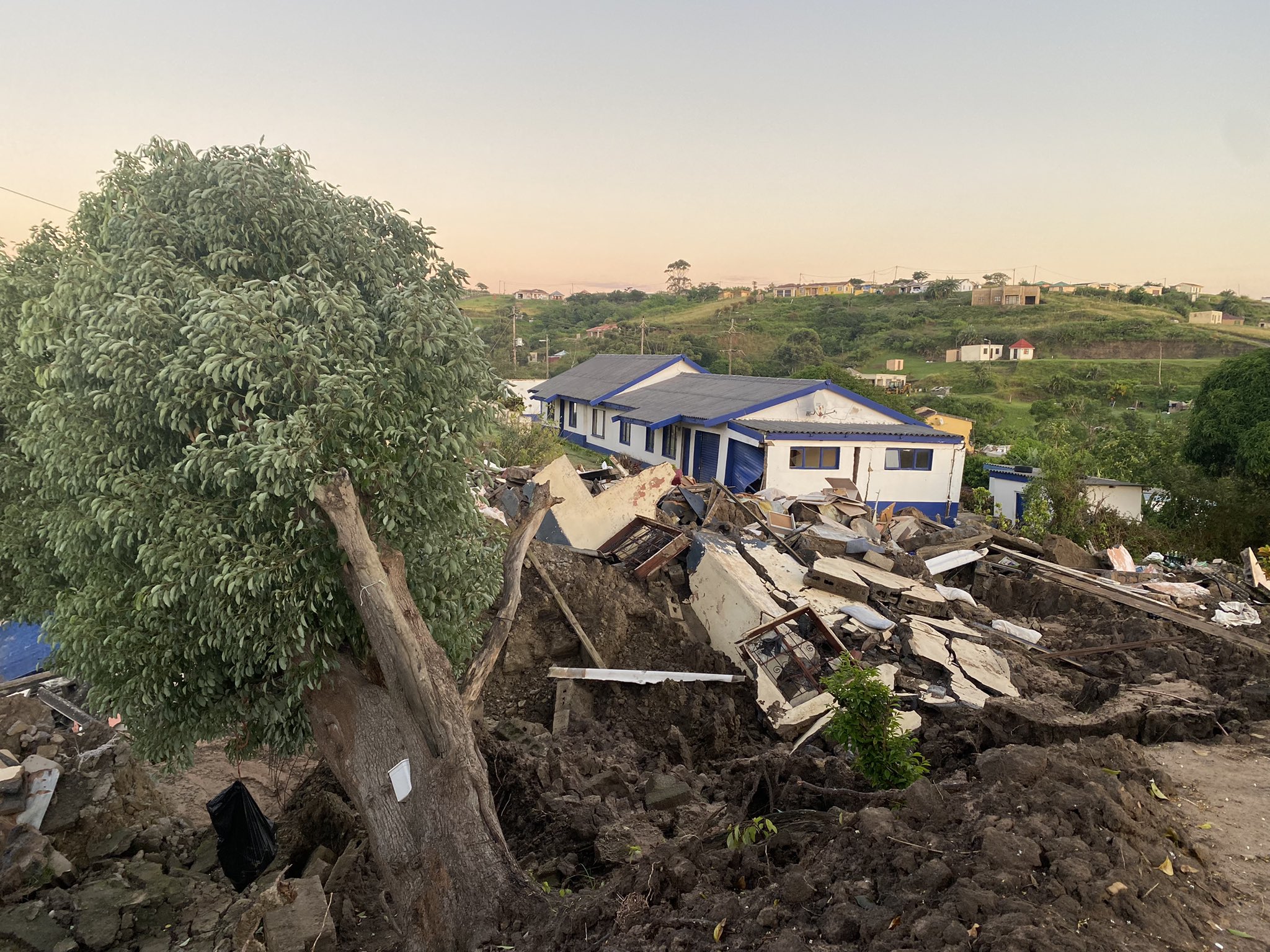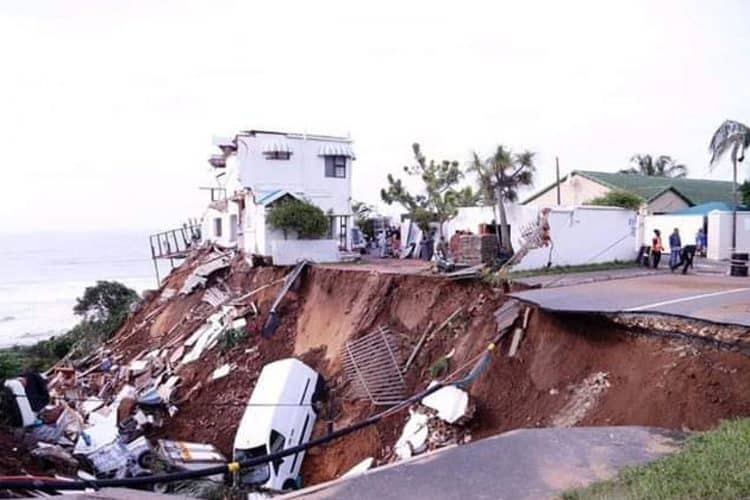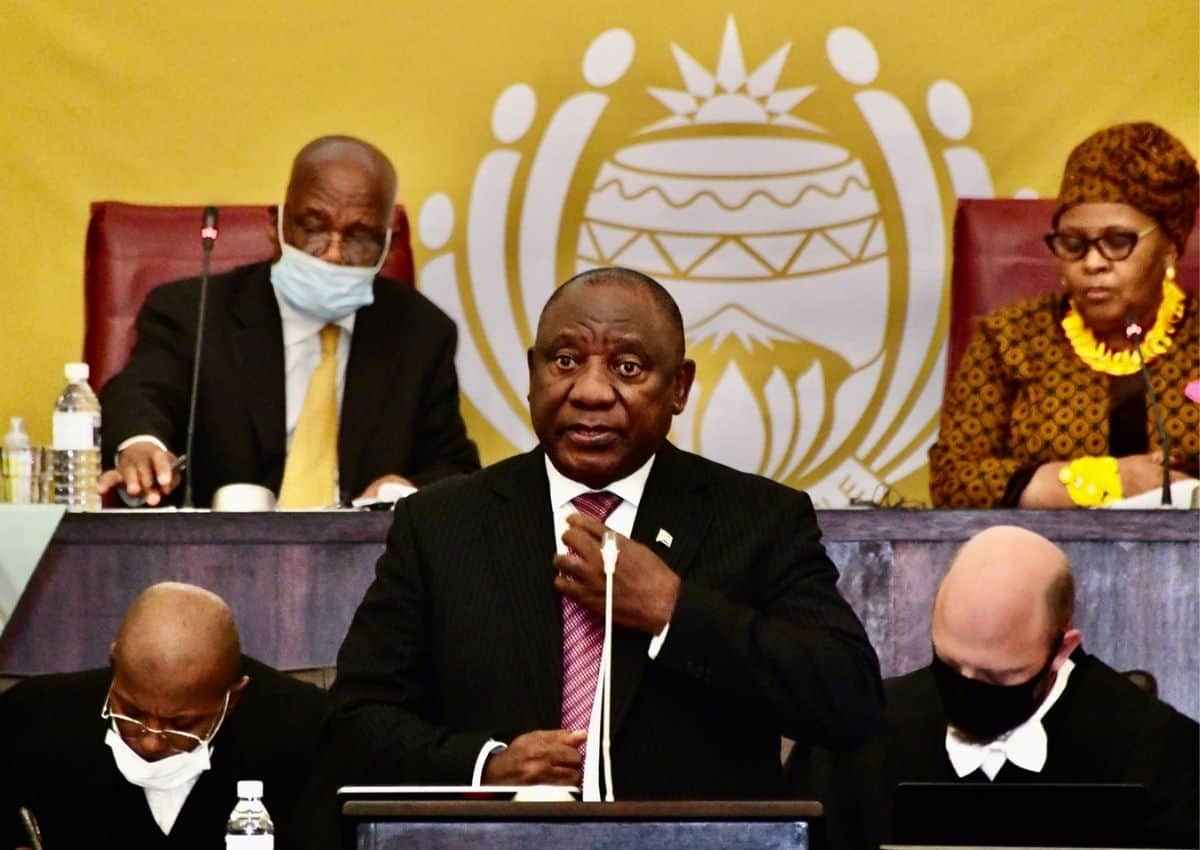On Tuesday 26 April, President Cyril Ramaphosa addressed a joint sitting of Parliament in order to discuss his administration’s response to the restoration of the devastated KwaZulu-Natal (KZN) after severe flooding.
Thus far, 435 people have died because of the floods and more than R17 billion in damages to infrastructure have been recorded. There are still 54 people missing while over 5 700 houses are beyond repair.
And due to the severity of the floods and damages that were left behind, Ramaphosa declared a national state of disaster again – vowing that everything will be done to avoid corruption when it comes to the relief funds.

South Africa cannot afford more corruption
The address was organised after concerns were heard that an outside company would be in charge of the KZN relief fund in hopes of avoiding corruption.
“We have to ensure that all the funds used to respond to this disaster are spent effectively,” Ramaphosa said.
“It is a great source of shame that when this disaster struck, the most burning public debate was around fears that the resources allocated to respond to this disaster would be misappropriated or wasted.
“This shows us just how tired the people of South Africa have become of corruption.”
And as Ramaphosa addressed the National Assembly and the National Council of Provinces, he also sent a “stern” warning that the country will no longer stand for any corruption – especially during these times when others are in need of urgent relief.
“It is a stern reminder to all of government and to businesses providing goods and services that the people of South Africa will not stand for acts of self-enrichment at the expense of those who have already lost so much,” he said.

Ramaphosa’s plan of action
Furthermore, the president described how various measures are put into place to oversee the recovery process so that no corruption takes place.
Firstly, real-time audits will be done on the relief funds.
“Working together with National Treasury, the Auditor-General will conduct real-time audits on the emergency flood relief funds.
“This will provide independent assurance on whether public funds have been appropriately accounted for and were used for their intended purpose.”
Ramaphosa continued to explain that the audits will also help to “prevent, detect and report” any leakage, fraud or wastage. This way, there will be an immediate response.
“They will equip accounting officers and accounting authorities to act quickly on weaknesses in controls and prevent further losses. They will also enable immediate oversight and consequence management,” he said.
And secondly, to ensure complete transparency, all details of disaster-related procurement by public institutions will be available on the National Treasury website.
